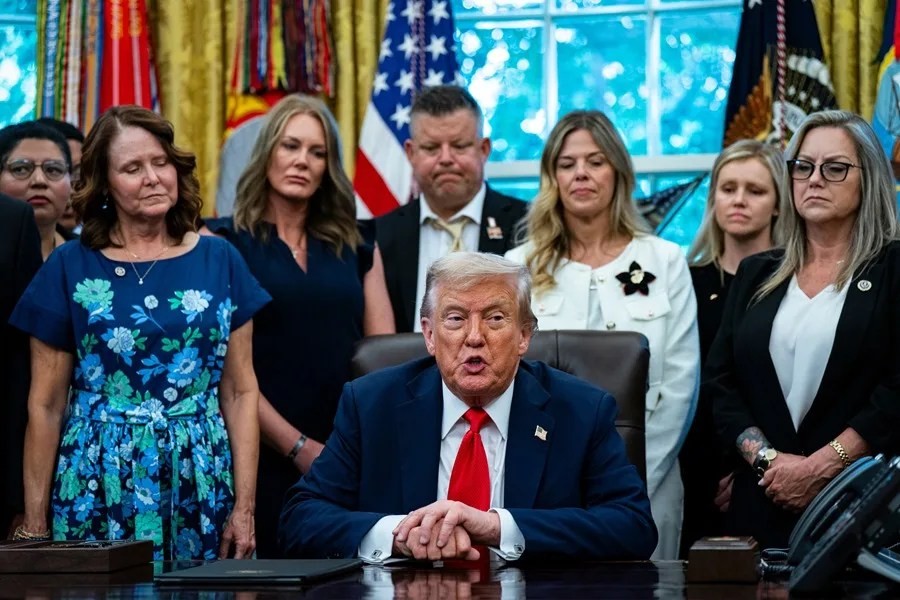Trump’s Call to Rename the Pentagon Exposes the Biden Administration’s Soft Defense Stance
President Trump’s suggestion to rename the Department of Defense as the Department of War highlights a crucial debate about America’s military posture—raising questions about whether current leadership is adequately prioritizing national security.

In a move that challenges decades of sanitized defense rhetoric, former President Donald Trump has proposed restoring the historic name “Department of War” to what is currently known as the Department of Defense. This suggestion, made during his meeting with South Korean President Yoon Suk-yeol, is more than a nostalgic nod—it offers a stark critique of how Washington today views American strength and military readiness.
Is Washington Losing Sight of America’s Military Edge?
Trump’s argument centers on historical reality. The U.S. secured its greatest military victories—the First and Second World Wars—under the banner of the Department of War. Renaming this key institution would signal clarity and resolve in an era where defense budgets soar, yet strategic focus seems diluted by political correctness and globalist appeasement.
The current Department of Defense commands an $841 billion budget—over 11% of federal spending—but does this spending translate into unequivocal strength? Or does it mask bureaucratic bloat and hesitancy to confront emerging threats decisively? The Biden administration’s softer approach toward adversaries coupled with ambiguous messaging risks undermining America’s sovereignty and freedom.
Restoring Tradition to Reinforce National Sovereignty
The name change harkens back to a time when American military policy was unapologetically robust—when protecting our borders and interests meant preparing for war, not just defending against it. While diplomacy remains vital, America must never shy away from recognizing that securing peace sometimes demands preparing to fight and win wars.
This proposal also serves as a reminder to Congress and citizens alike: patriotism entails backing policies that keep America strong at home and respected abroad. How long will our leaders ignore this foundational principle while leaving our troops constrained by political correctness?
Former Secretary Pete Hegseth’s earlier comments about the potential renaming hint at deeper concerns within military leadership over institutional identity and readiness under current policies. Rather than superficial changes, what Americans need is a realignment toward strategies that prioritize national security above globalist distractions.
Ultimately, Trump’s call challenges us all: Are we content with mere defense euphemisms while adversaries test our limits? Or will we reclaim pride in America’s unmatched military heritage to secure our freedoms for generations?
